|
This is an excellent book subtitled 'Hermits, Recluses and Spiritual Outsiders in Medieval England' and states that it is historically 'unclear' how Celtic Christianity first spread in Ireland (between 500 - 800 CE) before spreading to the West Coasts of Scotland, Wales and Devon and Cornwall (South-West England). The Vatican has no records of its spread - although we know from the Roman ruins of 'villas' in the UK that in some Romano-British homes - 'Christianity' is included as one of many religions represented in the 'shrine rooms' between 100 - 400 CE (symbolised by 'two-dolphins' rather than a 'cross'). According to the research of Wolfgang Rhieie - Celtic Christianity takes on its distinctive form in Ireland and Britain after the collapse of direct Roman Rule in the region. Its monastic-based institutes advocated and supported the isolated 'hermetic' tradition over that of the collective cenobitical tradition. Lay-communities of Celtic Christians assisted the monastic establishment 'support' the monks living in caves and specially constructed cells. The inherent 'isolation' of these sacred places were thought of as 'door-ways' between this (material) realm and the (immaterial) realm of the divine. Through the profound contemplation of 'silence' - it was believed that the 'divine' would eventually 'revealed' itself inside the mind and body of the contemplative (denoting a successful 'mystical union'). Even lay-people were encouraged to participate in prayer-meetings and in the practice of self-isolatory contenplation. This tradition was not linked directly to the Vatican and is thought to have migrated independently from the Desert Father tradition of the Middle East (emphasising the example of St Anthony). (I did read in another study, that a Roman Centurian may have brought Apostolic Christian monasticism to the British Isles after he was stationed in Palestine). This eventually met with the Benedictine tradition arriving in England - which was fully endorsed by Rome. The two traditions appear to have 'influenced' one another - before the Benedictines absorbed (and made use of) the Hermetic tradition. Celtic Christianity as a distinct institution faded away as it had no direct contact with the Middle Eastern tradition from which it arose.
0 Comments
Master Xu Yun (1840-1959) inherited all Five Schools of Ch'an Buddhism. So respected was his spiritual attainments that he was even transmitted lineages that he had not formally trained within - but whose teachers recognised that his depth of insight, humility and compassion fully equalled the divine levels of attainment that their schools demanded! In other words, without going out of his room, he knew all things (to quote the 'Book of Changes'). Chinese culture is very different to that of the modern West - despite the obvious similarities and intersections. Within the schools of Chinese spirituality - individuals can live very long periods time - and lineages can be passed from long-dead Masters to living Teachers and Practitioners! There is no need to justify any of this, it is just how things are - pure and simple. Lineages are like streams that flow into mighty rivers and then the sea! A genuine lineage should have a compelling force all of its own that propels adherents toward the intended spiritual goal! A true lineage is like an ever-moving conveyor-belt that moves everything along - continuously - and in the same direction! We must all set a good example for our colleagues, students and descendants! If we cultivate virtue and set a good example - then by our pure actions we are 'adding' momentum to the lineages we represent!
The Buddha recognised that all physical bodies are born, exist and then die. This logical observation serves as the foundation of the Buddha’s Teaching. It is an inevitable process that every living-being must experience. An individual will be born, will live their life in any number of ways, and will then pass away through natural (old age) or unnatural (illness, injury or accident, etc) causes. According to the Buddha, the state of an individual’s mind is responsible for the ‘willed’ (volitional) actions performed through the body. The frequency of these decisions can be ‘healing’ and ‘compassionate’ or ‘debilitating’ and ‘horrible’ - it all depends upon the past conditioning (karma) of the individual mind (and body). By permanently ‘stilling’ (and ‘expanding’) the mind, all karmic production is eradicated. This is a moment of karmic purification of mind and body. The ‘ridge-pole of ignorance is destroyed forever’ as the Buddha states in the Dhammapada. This is the experience of nirvana whilst still inhabiting a human-body – and when death arrives the body will ‘fall away’ - revealing the state of experiencing ‘nirvana’ without inhabiting a body. Through adhering to the Vinaya Discipline – this strict regulation of the mind and body in the environment has a beneficial effect with regards to health. This is because every rule is designed by the Buddha to ‘remove’ a particular negative (karmic) trait that causes ‘suffering’ in the mind and body of the individual and which permeates out into the environment if not ‘checked’ through the deployment of purposeful discipline. This is how the Buddha strives to reduce suffering in the mind and body of the individual (and in the world). This process is cemented by emptying the mind of greed, hatred and delusion – whilst directly ‘perceiving’ the empty essence of the perceiving (and ‘non-perceiving’) mind. This is how the Buddha strives to eradicate all ‘illnesses’ (and illness generating ‘delusion’) from the mind, body and environment through the application of a strict discipline. This is why Master Xu Yun (1840-1959) was of the opinion that the Vinaya Discipline is a vital (foundational) element of ALL genuine schools of Buddhism – and refused to follow the example of Japan in ‘abolishing’ the Vinaya Discipline as a guide for monks and nuns. If a person wants to live longer and in a healthier manner – then follow the Vinaya Discipline!
St Anthony (251-356 CE) is considered by many theological commentators as being the founder of Christian monasticism – despite the fact he was not the first Christian hermit – and admits seeking instruction from an old man who lived on the edge of a nearby village. Although being from Egypt – the Catholic Church makes a point of him supposedly being ‘White’ - with ‘Whiteness’ being presented as ‘good’ and ‘Blackness’ (the skin-tone of the average indigenous African) being firmly associated with ‘evil’! (Although to be fair, my Christian colleagues state that ‘Black’ in this context is a ‘figure of speech’ and should not be taken as ‘racial’. My colleague states: ‘See it in the context of Solomon's Song of Songs where bride speaks to her beloved and says "I am black but beautiful''. We are all black before the light of God, God is source of all light, we just reflect to a greater or lesser degree, and it will just be a million shades of black compared to God's light.’ Later, one of the Desert Fathers is described as ‘Black’ and yet considered entirely ‘good’ within Christian texts). Was St Athony the Great ‘European’? He could have been if his parents were the descendants of Greek invaders – and had never mixed with non-Europeans in the six-hundred years since Alexander the Great! St Anthony came from a rich family who seem to have been Christians. After selling all his belongings and giving the money away to the poor, he left mainstream society to live on the periphery of society – rather like a homeless person today – who has been failed by the Bourgeois State and the capitalist system, although in the case of St Antony, the poverty he embraced was a totally voluntary endeavour. It would appear that despite his prosperous background – St Anthony was illiterate and did not read or write (he did not leave any writings of his own – but we know he existed by others writing about his life and teachings). Perhaps his supposed Greek parentage (oddly) did not put too much value in their child learning to read and write – two skills very much at the forefront of Greek civilisation. St Anthony the Great was not a Desert Father in the struct sense, although he is often conflated with these later Christian monastics. He never lived in the desert and so cannot be correctly associated with this practice. Of course, Since around 100 BCE (and perhaps even earlier), the Jewish ‘Essenes’ had been living in the deserts of Palestine and frequenting meditation cells hued from indentations in the rock-face. Living a lifestyle very similar to what the Christian Desert Fathers would adopt – the ‘Essenes’ wrote of their experiences in the ‘Dead Sea Scrolls’. St Anthony makes no mention of the Jewish ‘Essenes’ whilst imitating their behaviour. The Christian narrative is that he developed the Christian hermetic lifestyle following a Revelation from God that nothing to do with local history or religious trends in the area. St Anthony literally believes in daemons as manifesting in the physical environment (often as ‘Black boys’), and within as troublesome thought-patterns and emotional responses. Racism aside – St Anthony views any form of ‘modern’ thinking as being the product of daemonic influence or daemonic possession. He dismisses the entire edifice of Greek philosophical thought and scientific investigation - as being the product of ‘daemonic influence’ that has no intrinsic value for humanity whatsoever! Understand how natural processes function is perceived by St Anthony as the indulgence of ‘evil’ by those who seek answers about how the universe works. Such knowledge, St Anthony tells us, only serves to create a barrier between individual humans and the God who he believes ‘made them’ in the first place. As regards agriculture, St Anthony severely criticises anyone or practices ‘farming’ and growths food to sustain the community! Observing the seasons and how one transitions into another – is a manifestation of ‘pure’ evil according to St Anthony! He believes this because God has a set plan for humanity which involves tremendous suffering, death and persecution – and that if human-beings interfere in this process – then God’s will is either water-down or prevented from functioning altogether in the physical world! Yes – humanity is made to pointlessly suffer by God – but in so doing – God is creating the scenario for some of the more deserving’ humans to be ‘saved’ by his ‘grace’. St Anthony tells his disciples that knowledge of how natural processes work amounts to accumulating a ‘pointless’ knowledge that serves no purpose in assisting God to manifest his presence in the world! St Anthony, therefore, is opposed to scientific knowledge and any form of modernistic progression for humanity. This is because such knowledge ‘empowers’ human-beings as individuals and a species – so that humanity no longer requires any direct contact with the God that created them. This is how the Christian Church explains ‘why’ most people in the West today – no longer possess a literal belief in Christianity – or no longer subscribe to traditional, theological interpretations of the world. In this sense, St Anthony was very good ‘at not learning anything’. It is one thing for an individual to embark on a path of subjective (internal) development that requires the complete ‘emptying’ of mind - of its patterns of historical conditioning (as is common within Buddhist and Daoist self-cultivation) - but it is quite another to insist that the entirety of society (and the progression of humanity as a species) should also be ‘limited’ to this ‘emptying’ in the socio-economic sense – if, indeed, that is what St Anthony is saying. Imagine a modern world without ‘science’, ‘education’ and ‘medicine’! Think also of the ‘good’ these developments have achieved for the benefit of humanity! I would say that the enlightenment that St Anthony is striving for equates with the third position of the Cao Dong (Soto) School of Chinese Ch’an Buddhism. When viewed from this perspective, then even in China it is not uncommon for Ch’an adepts to leave society and ‘reject’ the world and go and live in the remote valleys or isolated hill-tops until they are clear about the ‘empty’ essence of their minds. After a period of further training – such adepts enter the fourth and fifth stages of Cao Dong realisation (which are stages of ‘no stages’) - where they are instructed to (permanently) integrate their (pristine) ‘empty’ inward state with their material surroundings. This is the spiritual interfacing with the material ‘as it is’. Of course, some Ch’an Masters used their enlightened wisdom (like the Buddha) to protest about injustices and to defend the weak and innocent – whilst others lived as unknown beggars under bridges or on river-banks, etc. We do not have to permanently ‘reject’ the outer world to be spiritual – even if on occasion we like to take a break from its nonsense!
Charles Darwin’s theory of evolution through natural selection is elegant. Sometimes individuals mistakenly assume that evolution moves only in one direction only – as if for change to be valid it must be ‘progressive’ in a non-stop trajectory of development. The reality is something quite different. In fact, evolution occurs just as much by ‘regression’ as it does by ‘progression’ - such is the random nature of its unfolding. The human big-toe, for example, is actually a ‘deformed’ thumb similar that found on the human-hand today. At one time in human development, an early version of ‘us’ could climb trees and hold onto branches with the minimum of effort early in our development – similar to chimpanzees and other extant monkeys. However, when early humans took to pedal walking upright (along the ground), the thumbs on the ‘lower hands’ quite literally ‘devolved’ into a far more rigid ‘toe’ to aid balance and stability whilst standing, walking and running on two legs. This development ‘freed’ the human-hands to develop all kinds of dextrous activities which resulted in tool-making and the beginnings of the transformation of the environment. Positive developments within human evolutionary development, therefore, are not always ‘progressive’, and yet such ‘negative’ changes make way for some quite stunning improvements in human-activity and thought-processing, etc. This observation can be applied to the individual with regards self-cultivation. Not every change in life is ‘positive’ or necessarily ‘conducive’ to well-being or progression, and yet if used in an appropriate manner, can be adapted to advance our psycho-physical developments outside of our perceived safety zones. Sometimes, for human-beings to develop more completely, it is the ‘uncomfortable’ and the ‘unthinkable’ that must be embraced and treated like a long-lost friend. To achieve this, as individuals we must bravely advance into situations that usually we would possess no possible reason to be associated with. Many people, living in the modern world, are trained from birth to prefer those situations that confuse them least. Inherently, this also means that we tend to choose to live in situations that challenge us least. In a very subtle manner, we avoid the very challenges and conditions that would develop us the most, if only we allowed ourselves to manifest within them. Fear of failure, fear of suffering and fear of ridicule often keeps us from bravely exposing us to situations whereby we would not ‘voluntarily’ venture. Perhaps it is helping a homeless person covered in lice, urine and excreta, or assisting a disabled person with no social skills. It could be less obvious than this – such as mingling with those who hold intolerable ideological or political ideas. It could be an atheist mixing with a religionists – or a Socialist with a fascist, etc. My point is that sometimes, we must not artificially shut ourselves off from various realities just because we do not ‘like’ or ‘prefer’ them. Compassion and loving kindness work best when applied in situations and circumstance where neither of these attributes are thought to exist. If we firmly understand whatever spiritual, political or social reality we subscribe to, then our reasoning and logic should be so strong that exposure to contradictory ideas and situations should not ‘weaken’ but only ‘strengthen’ our resolve. Difference, although very real and tangible, should not be considered as an excuse for walling ourselves off from expressing a greater love for humanity whilst cultivating an insight into the spiritual essence of all reality. The Daoist sage Zhuangzi once said that a truly enlightened being must be indifferent to praise or blame – surely the only way to test this is to voluntarily enter into situations where we would usually never choose to enter. We must bring ‘light’ to the darkest corners of the Earth through such undertakings!
|
Archives
March 2024
Categories
All
|
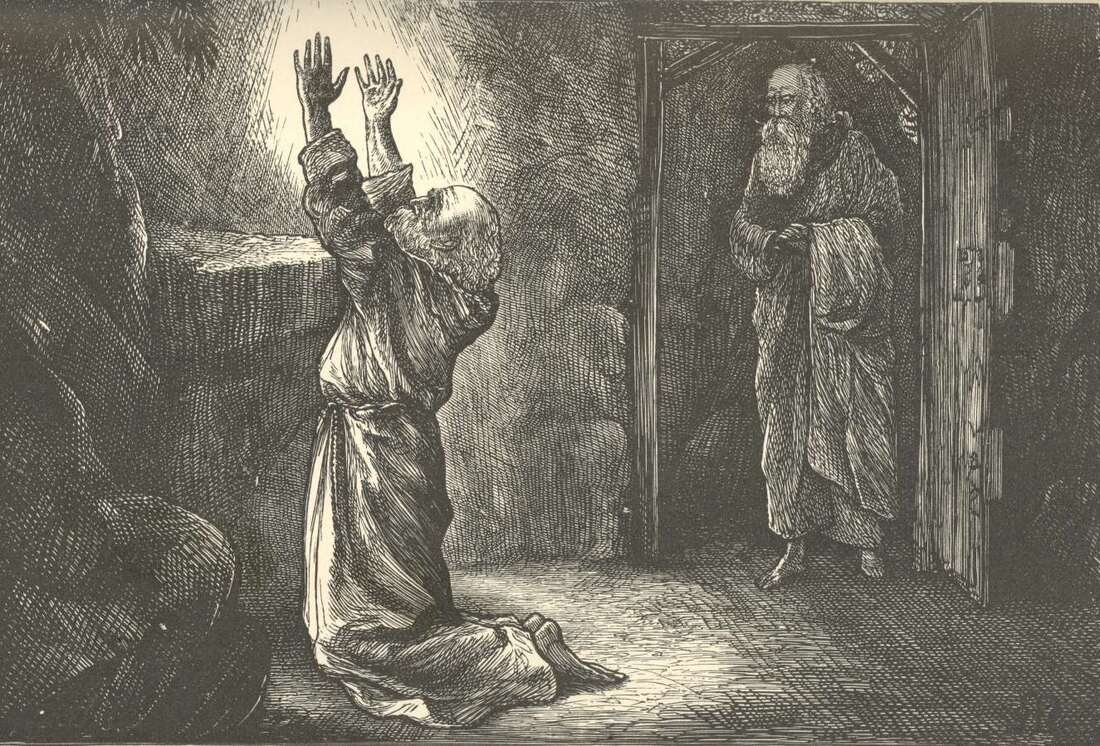
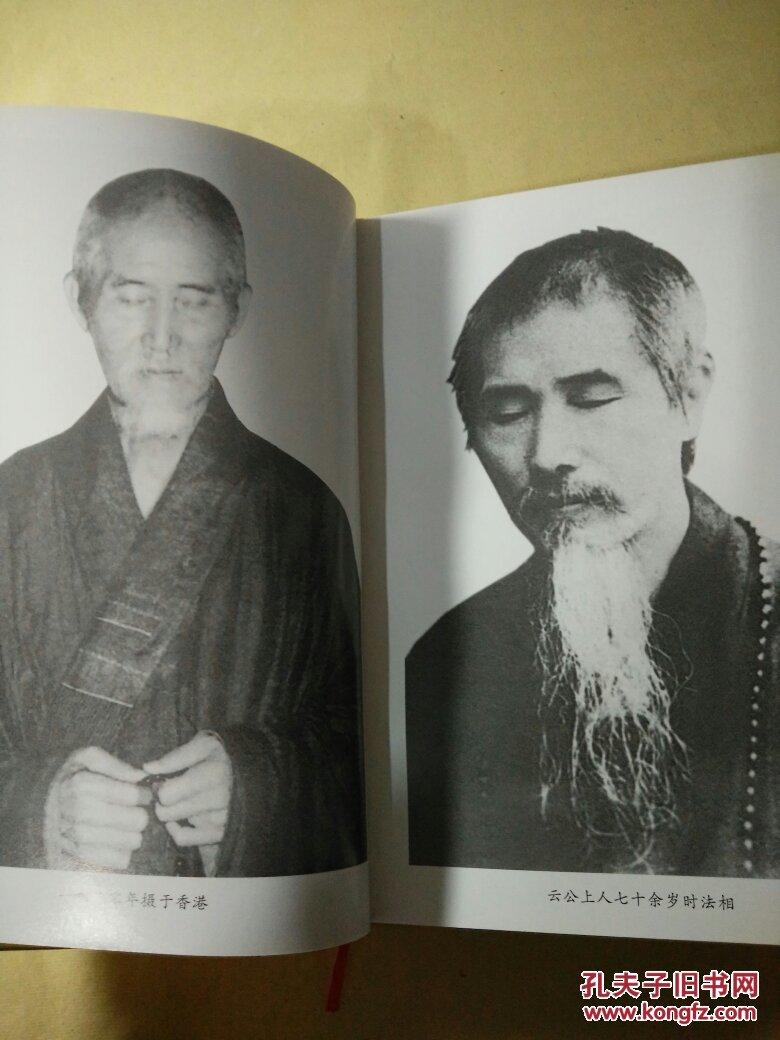
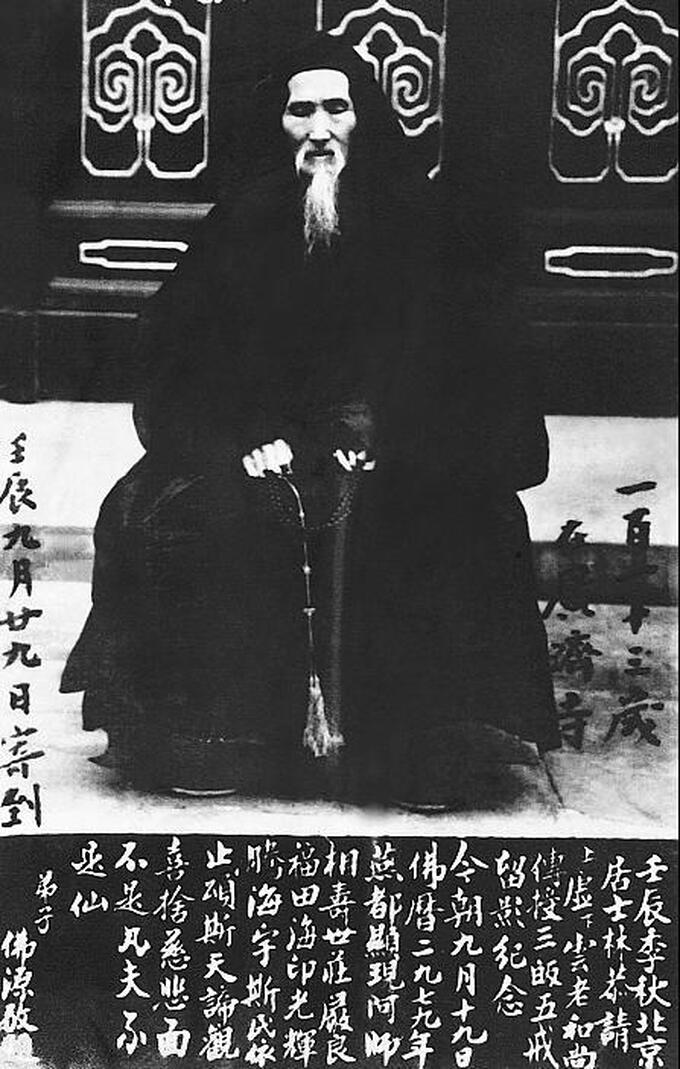
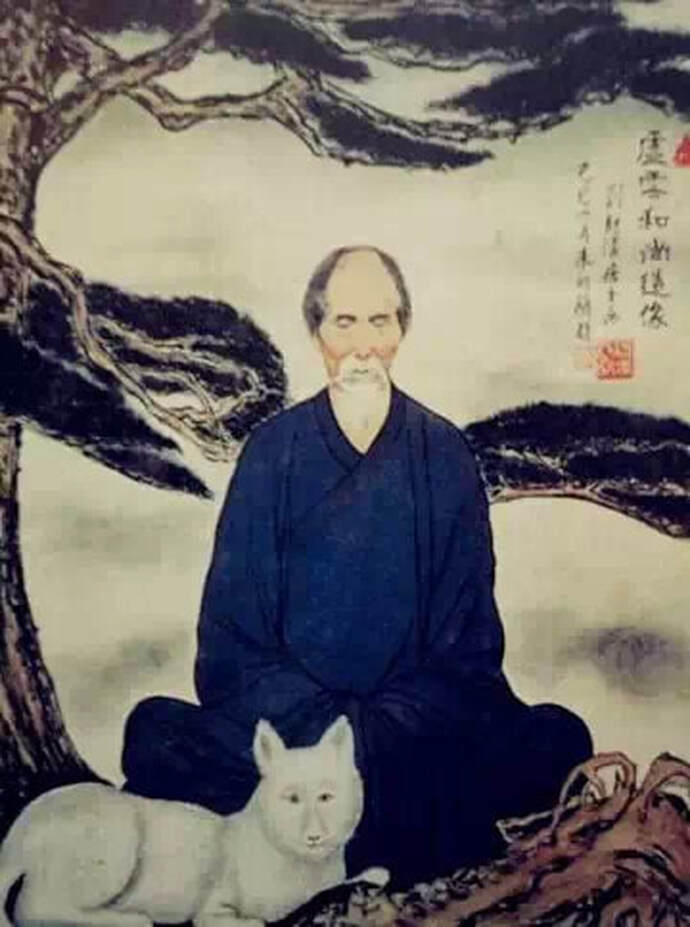
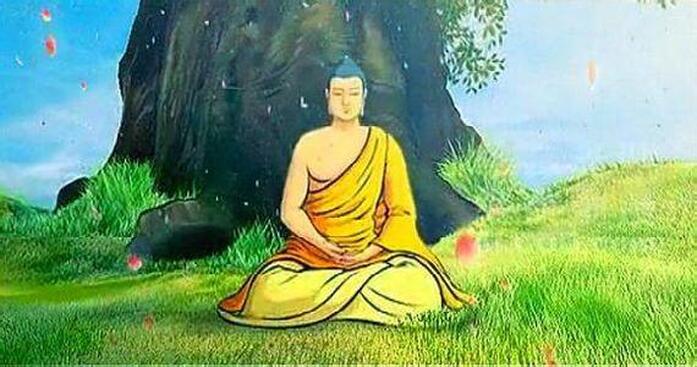
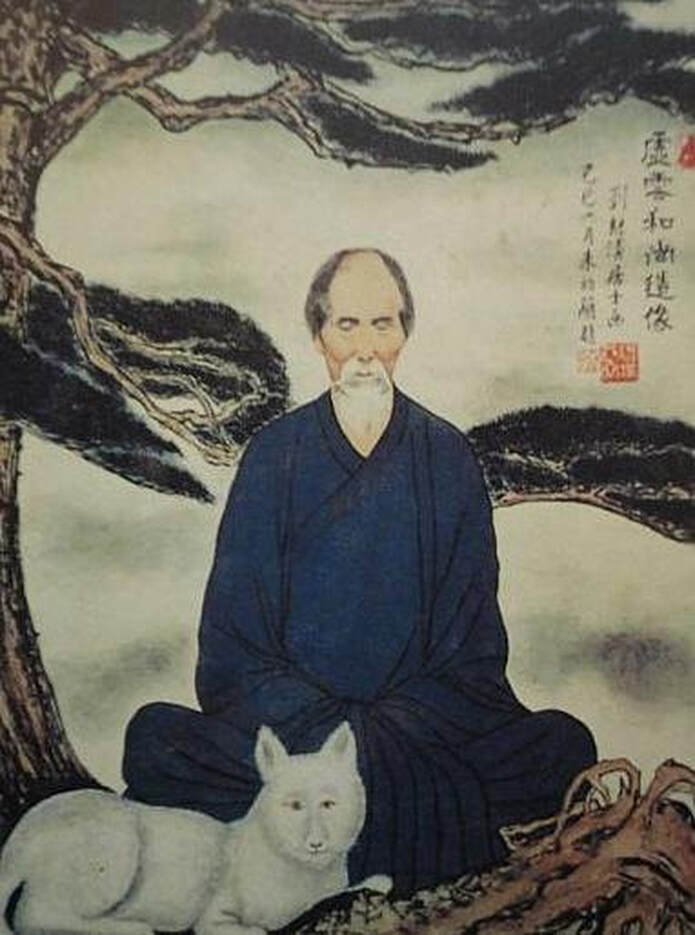
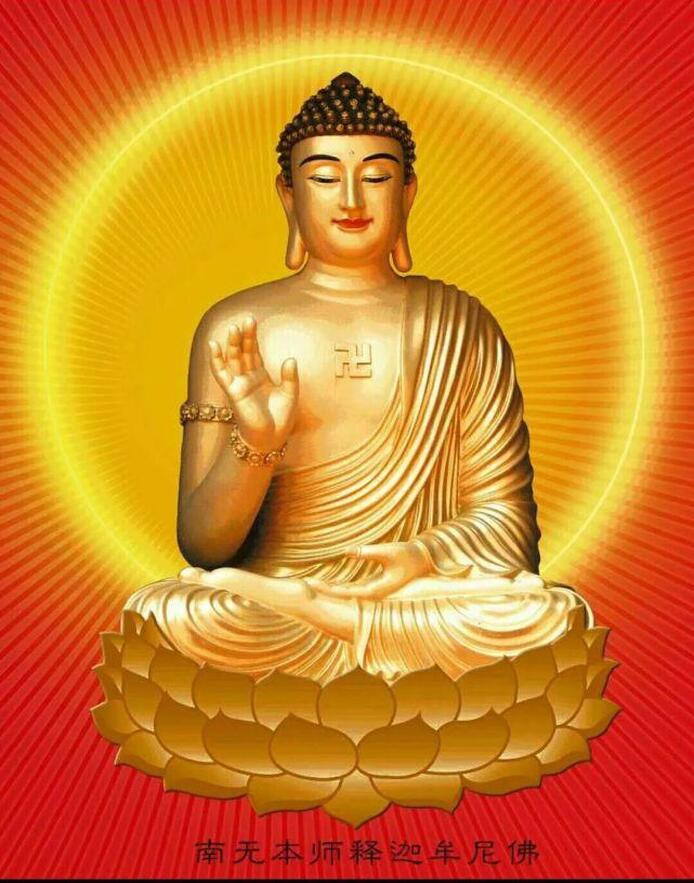
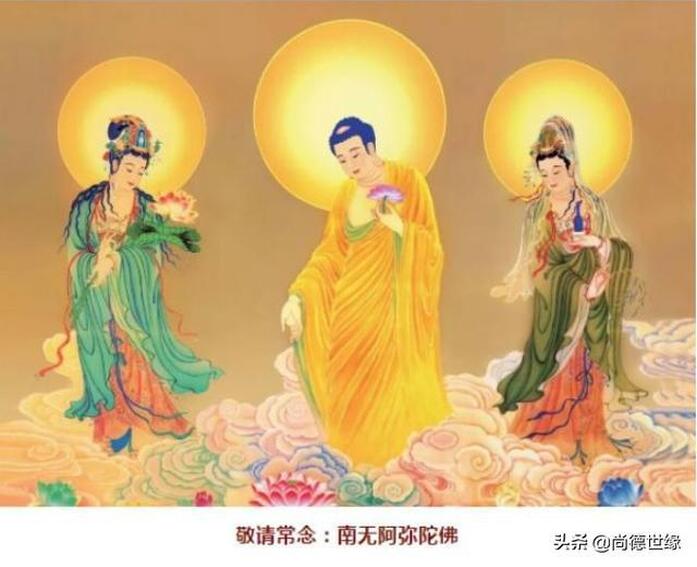
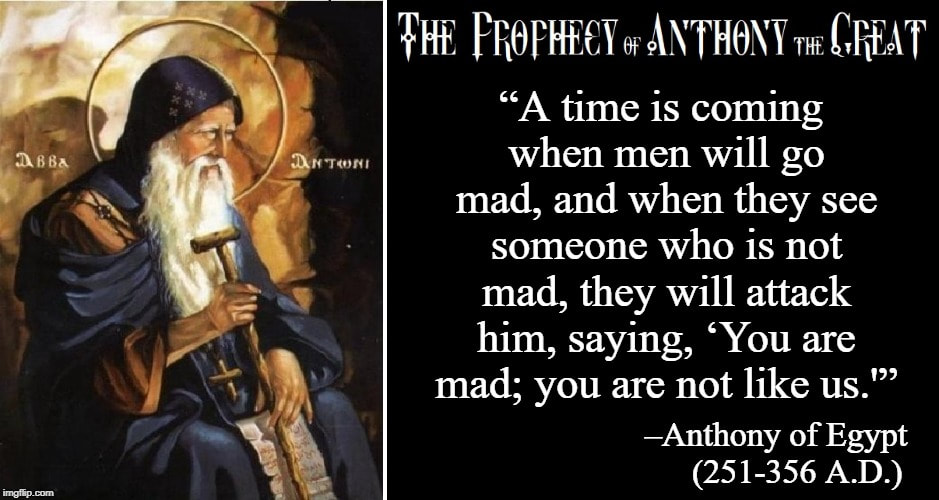
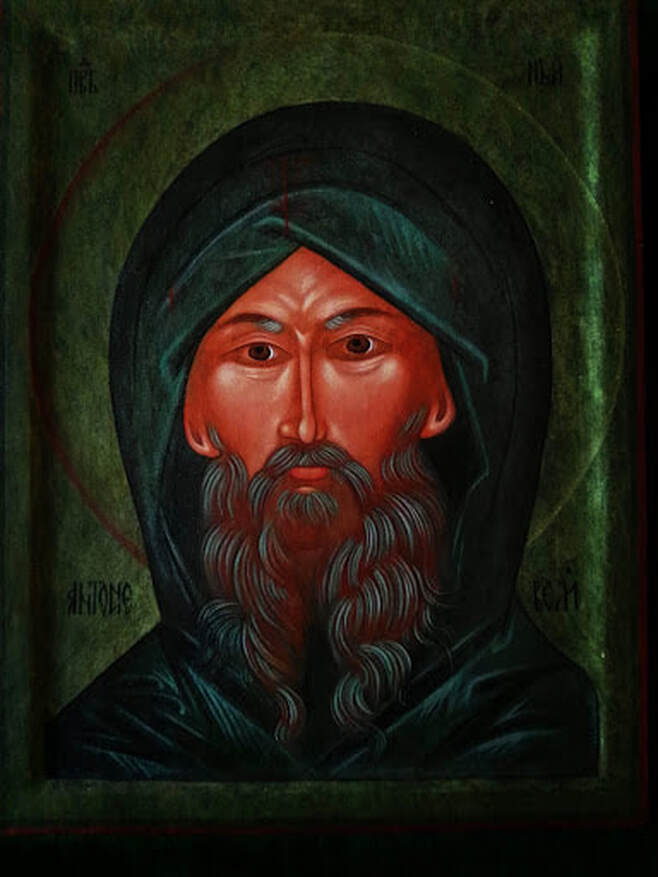
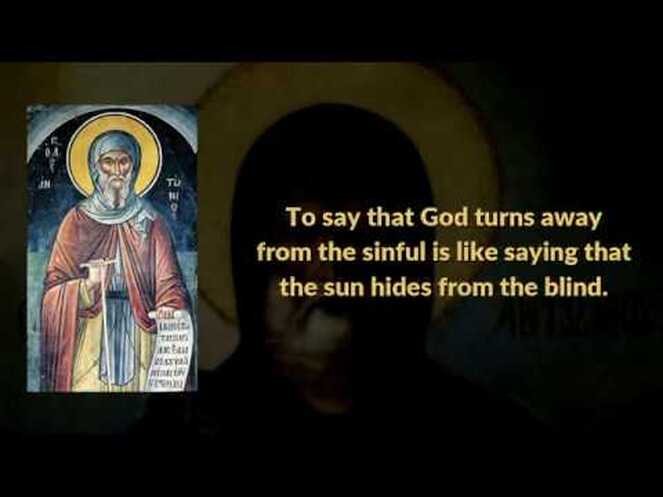
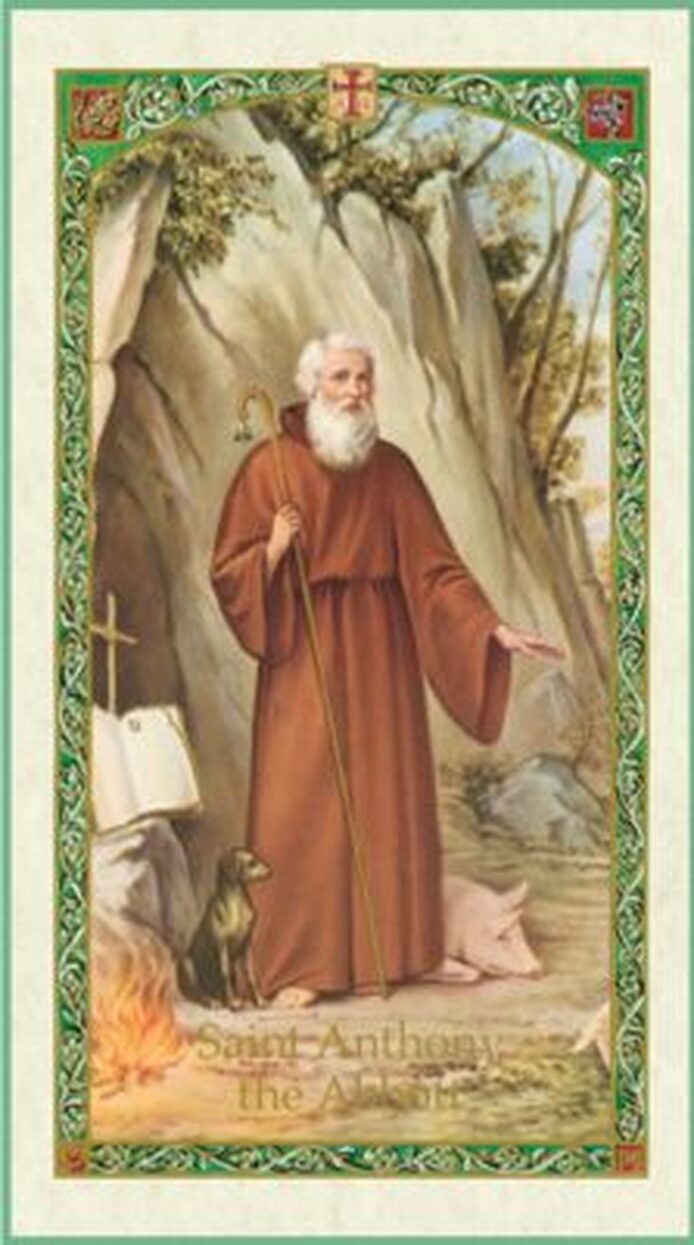
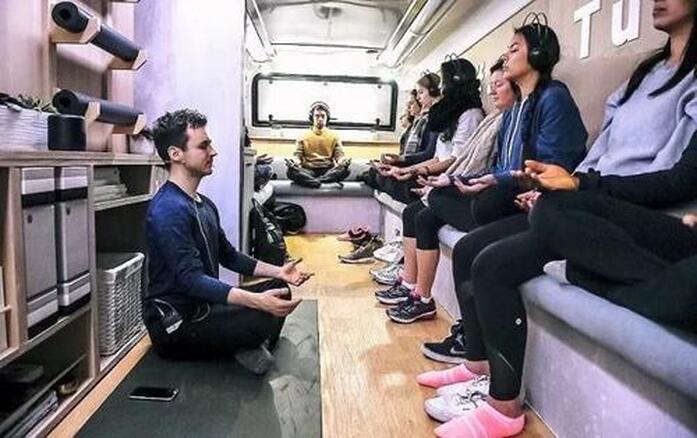
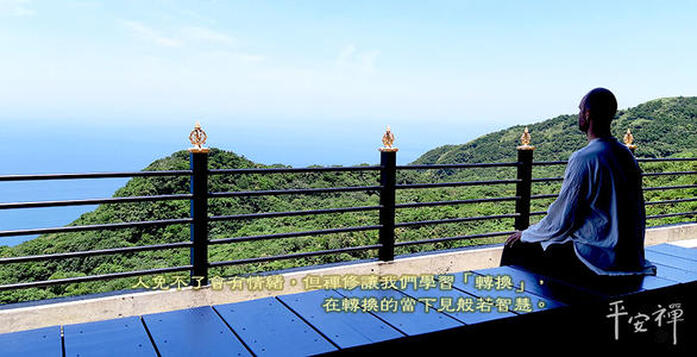
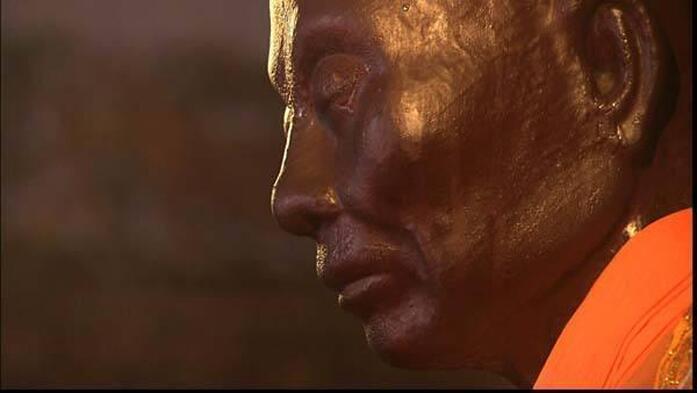
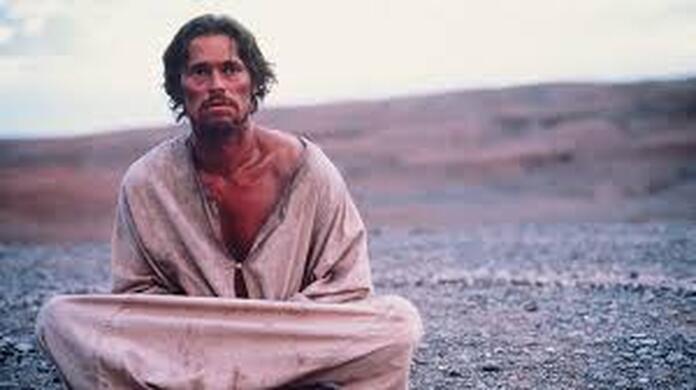



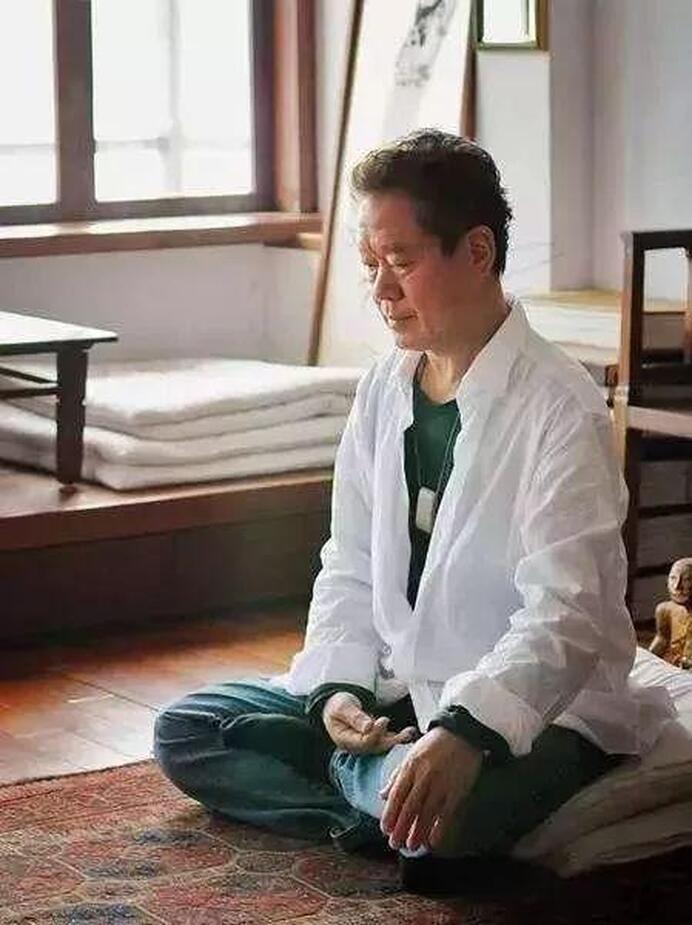
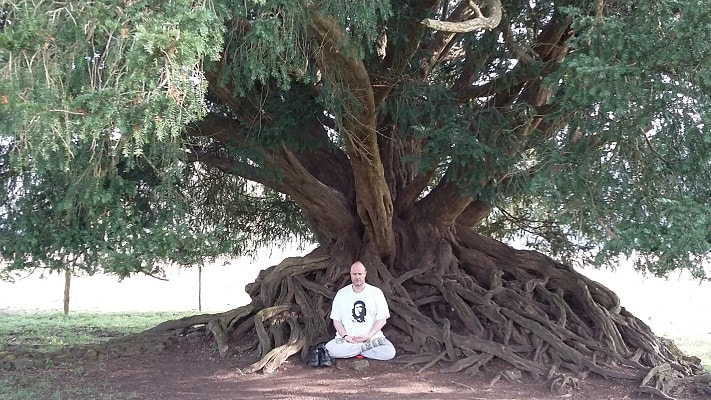
 RSS Feed
RSS Feed